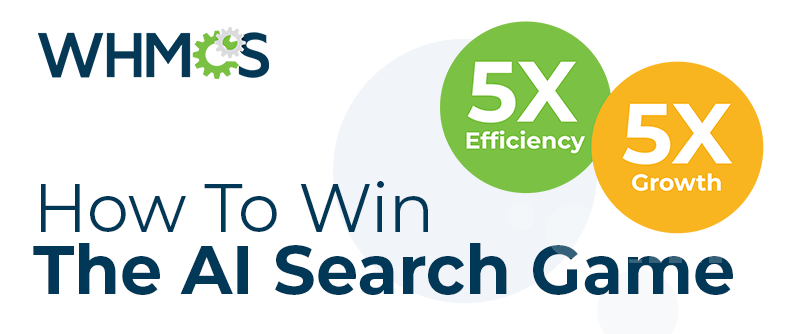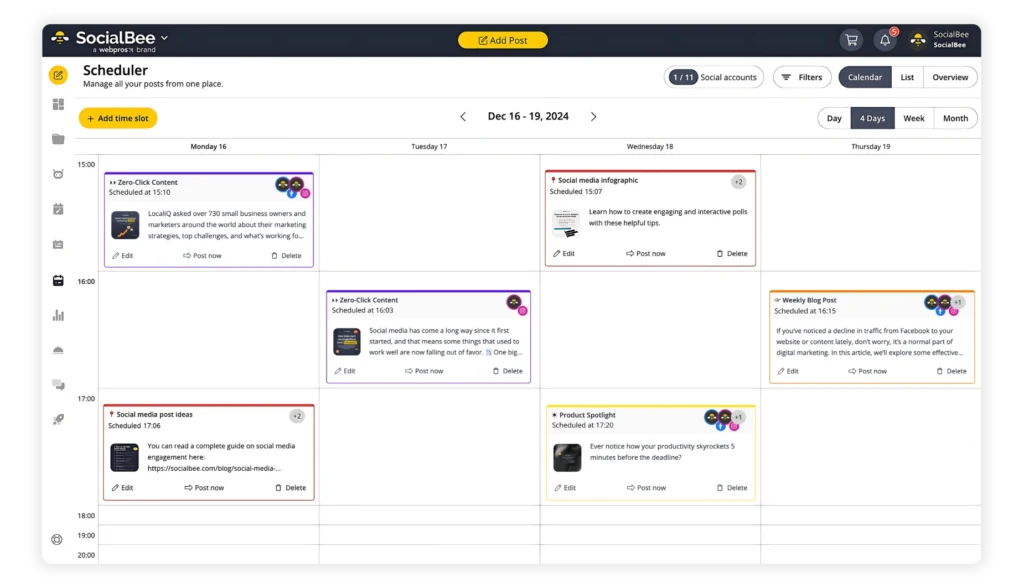
A true story about relevance, reinvention, and the new rules of AI and google search.
There's a business founder I know. A smart and scrappy guy, in a space that is dominated by giant companies.
You've probably met his type, with a product-first mindset, that doesn't chase headlines, doesn't have a marketing and a PR team. Just wants his product to be found online.
He built a niche product; a kind of DevOps tool tucked inside a web workflow. Not something extra flashy, but extremely useful. It made developers' lives better. But unfortunately, when he finished, no one knew it existed.
So, what did he do? He sat down and wrote. Blog post after blog post. It was helpful, deep and optimized to rank well. He followed and did everything the marketing SEO gurus said to do, but as you probably guessed: nothing happened. His site was not to be found, buried under competitors with bigger budgets, more backlinks and large marketing teams.
Until something changed, suddenly he noticed something strange in his analytics.
One of his product pages not a long blog post, not an "ultimate guide", just a clean explanation of what his product did was getting huge amounts of traffic.
But, not from Google.
From AI search tools like Perplexity, ChatGPT, Gemini and Chatbots trained on the web, but acting like editors. Picking what mattered the most (to them) and to the end user.
My friend hadn't had the chance to optimize that page. The page had no backlinks. It wasn't even part of the SEO game plan he wrote and thought off.
But you know what? It was relevant. It was to the point. It was direct. It was structured clearly. And it answered a specific question: What is this tool, Who is it for, and What does it solve?
And that specific page, the one page he didn't overthink, he almost forgot off, started showing up in AI-generated search answers. You know them, the kind you get when you ask AI, "What tools can I use for this specific use case?"
This wasn't traditional search engine optimization. There were no blue links in the page, no top 10 rankings, no meta-title optimization, absolutely nothing.
This was the AI choosing answers and choosing his answers rather than the giant competitors.
Here's the twist in this plot: If you don't know by now, AI search engines don't behave as Google behaves (thankfully). They don't care (as much) about backlinks, domain authority, or 100x skyscraper content with 40K characters and up.
They care about two things in general: structured clarity and contextual relevance.
This product page worked because:
- It had a clear and descriptive headline.
- It used simple human language.
- It had distinct sections of content that explained the use case, the benefits, and the integrations.
- It was focused on a single intent and no fluff, no SEO optimization pitch.
This founder didn't hack the system. He aligned with it without even knowing.
He realized what everyone should realize: that AI-first search is less about ranking and writing to please the serp's, but it is more about being the right, clear answer. The shift that all off us need to make is from content visibility to content utility.
Our content is no longer here to feed the Google beast. Our content is here to be the page the AI wants to quote in the results, The page that answers a question or solves a problem.
You don't need a giant content team, 2 men PR team or a marketing genius. You don't even need backlinks. You don't even need to fight the same fight as everyone else.
You just need to:
- 1. Revisit your product pages. Make them useful to real people. Answer real genuine questions and problems.
2. Structure content clearly. Use headings when needed, summaries content, make bullet benefits.
3. Write for clarity, not for clicks. No jargon that no one understands. No more content stuffing needed and no more 45K posts.
4. Target real use cases. Real user. Not keywords terms, search phrases and general scenarios.
5. Be the obvious choice for AI. Think about it: If you were curating and editing an answer, would you include your own content in the answer?
Need A focused, 5-step system to become the answer LLMs choose? Download it here.
This founder didn't wait for permission. He eventually didn't chase trends. He told the truth, clearly and usefully, in the right place and at the right time.
And the AI picked him.
I hope it will pick you next.
To your 5X success.
Chen Furstenberg.
The WHMCS Team.


